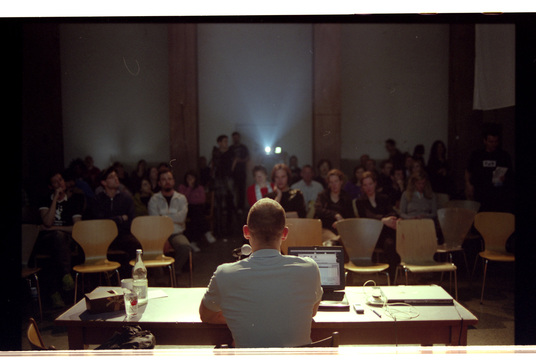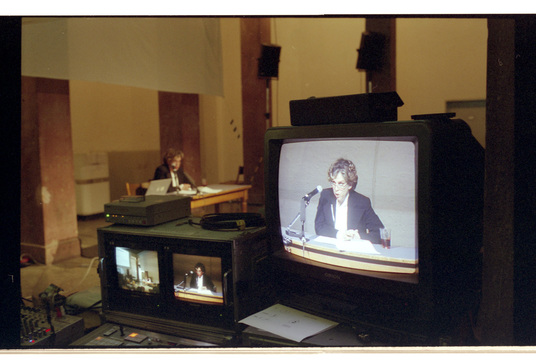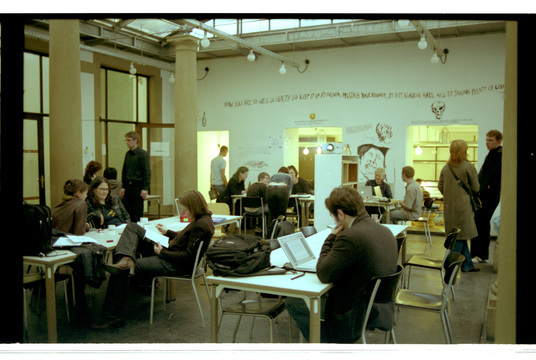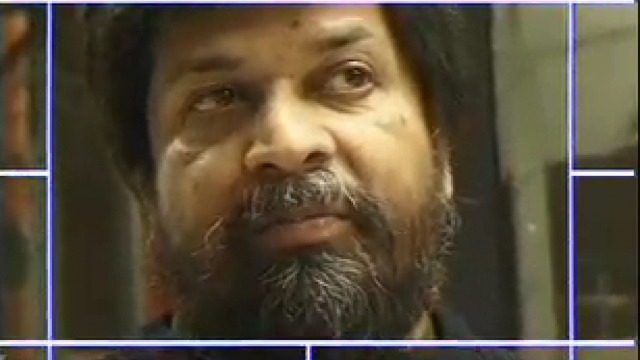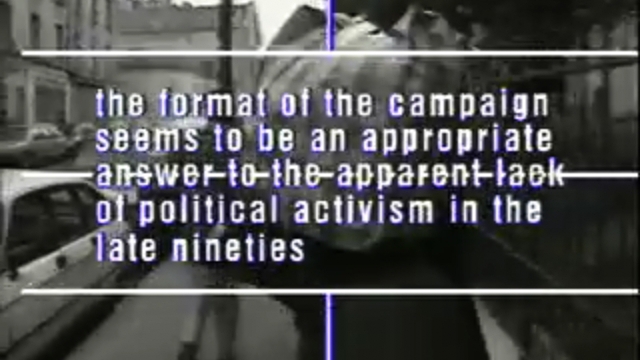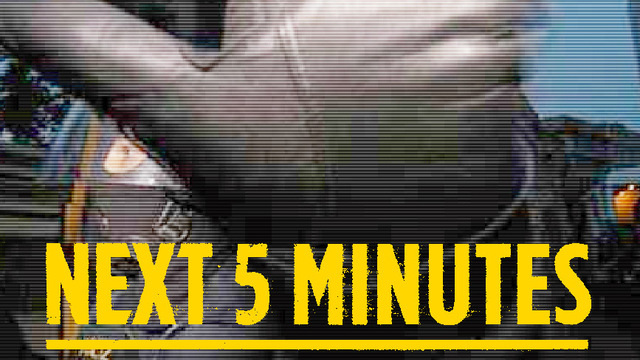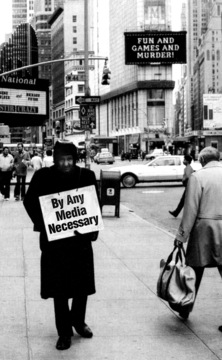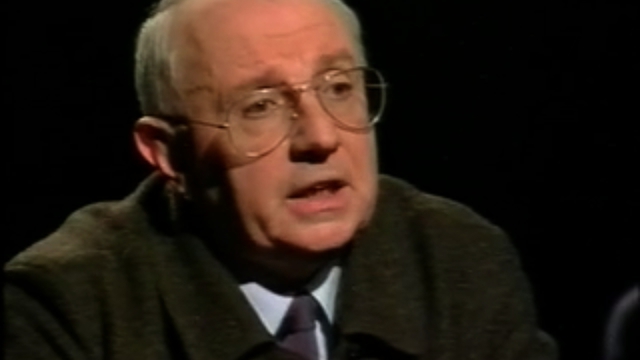Search results for ''
By any media necessary
Safer sex shorts
Can Internet technology still revolutionize activism?
One of the biggest promises of the Internet was the transformation of political activism. No longer would change come about solely through the actions of large organizations, claimed the Web's early enthusiasts. Now, they claimed, individuals could rouse the concern of their fellow citizens for a particular cause through Web sites, e-mail, and online petitions. Those who normally shunned demonstrations and limited their participation in the public sphere could be contacted personally in their e-mail box, and all that would be necessary for them to do to show their support would be to click a button or fill in a field. Soon, pundits predicted, there would be a revolution in grassroots participation in the political process.
ReadA Virtual World is Possible: From Tactical Media to Digital Multitudes
I.
We start with the current strategy debates of the so-called 'anti-globalisation movement', the biggest emerging political force for decades. In Part II we will look into strategies of critical new media culture in the post-speculative phase after dotcommania. Four phases of the global movement are becoming visible, all of which have distinct political, artistic and aesthetic qualities.
Dark Markets
Dark Markets is a two day strategic conference that looked into the state of the art of media politics, information technologies, and theories of democracy. A variety of international speakers inquired into strategies of oppositional movements and discussed the role of new media.
ReadDow 'Run for Water' - 'Run for your Life!' protest
April 19, 2010
FOR IMMEDIATE RELEASE
Dow Throws a Dismal Party, Few Attend
Underattended "Run for Water" plagued by death, zombies, and dozens of "Dow spokesmen"; truth seems to run free
To Shoot an Elephant
Synopsis
"...afterwards, of course, there were endless discussions about the
shooting of the elephant. The owner was furious, but he was only an
Indian and could do nothing. Besides, legally I had done the right
thing, for a mad elephant has to be killed, like a mad dog, if it's
owner fails to control it".

